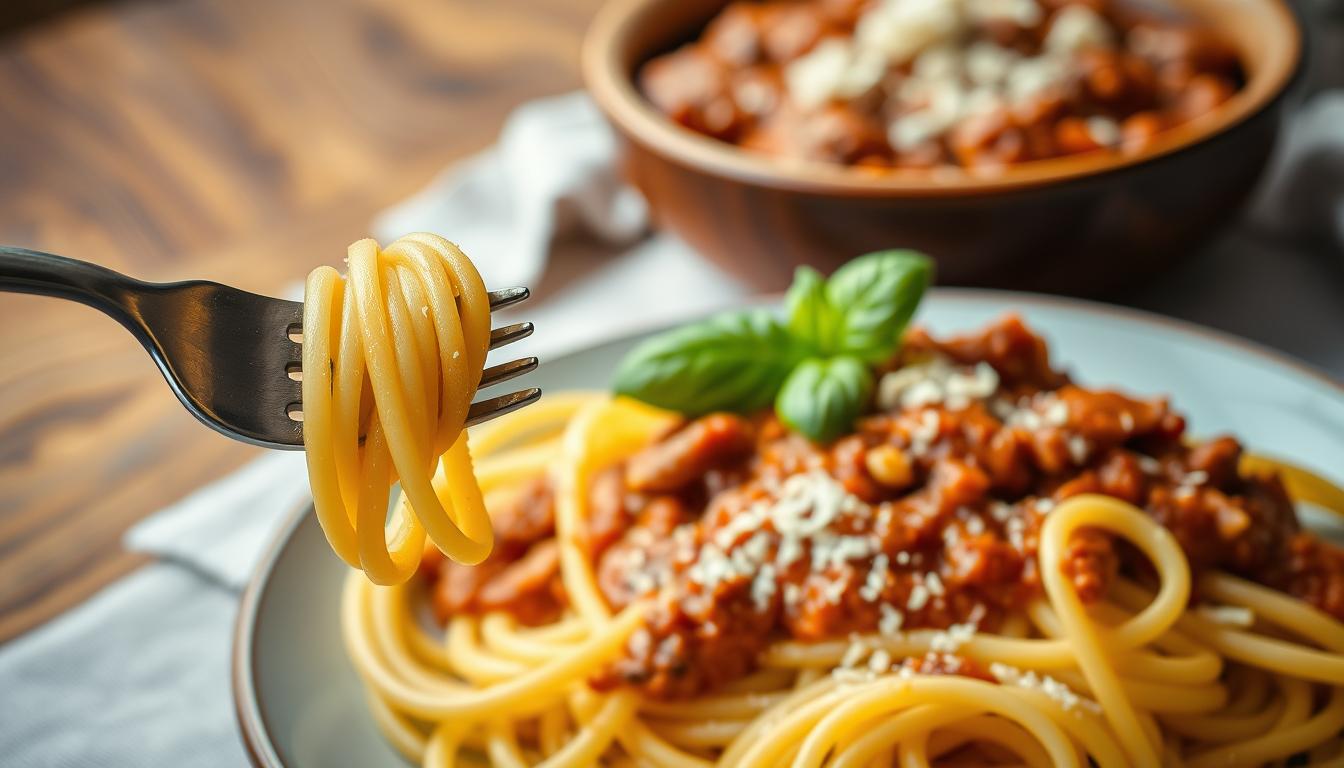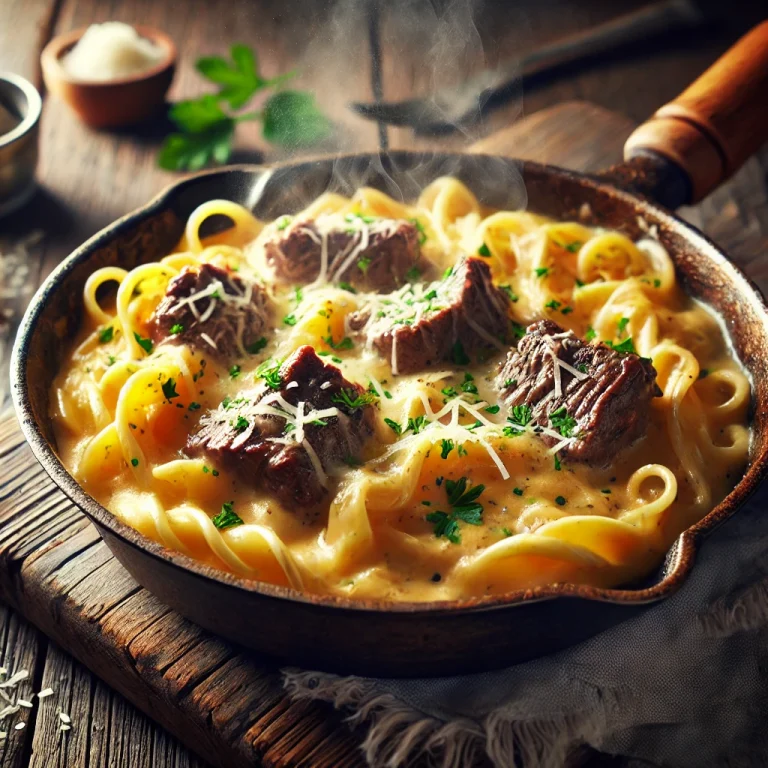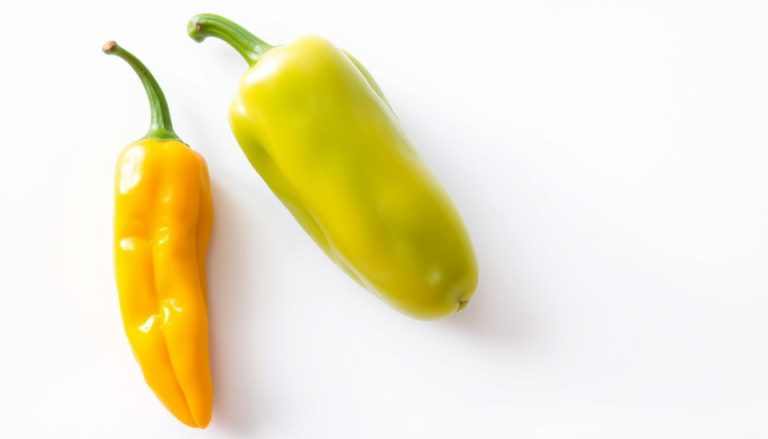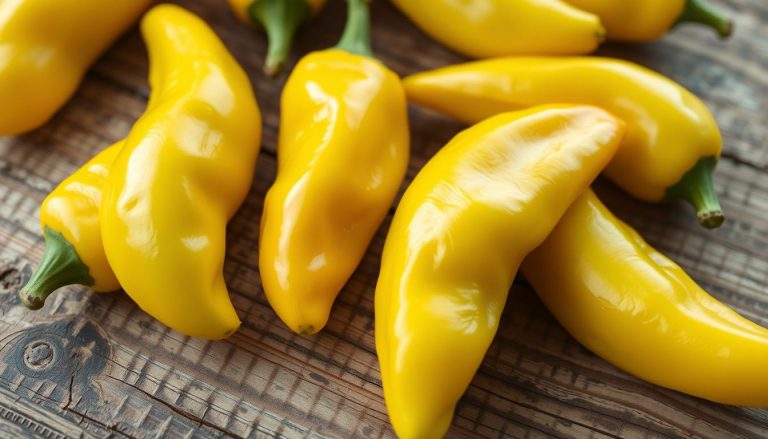How to make an easy Bolognese recipe at home
Easy Bolognese recipe
Every family has a special recipe that makes dinner unforgettable. For me, this easy bolognese recipe is that magic. It brings Italy’s warmth and comfort to my kitchen. Watching my grandmother make it taught me that great cooking is about passion, not complexity.
Making an authentic bolognese sauce is simpler than you think. This classic dish has rich flavors that feel like a trip to Bologna. With a few techniques and some love, you’ll make a meal that wows everyone.
Key Takeaways
- Master an authentic Italian bolognese recipe with minimal cooking skills
- Learn professional techniques for developing deep, rich flavors
- Create a versatile sauce that works with multiple pasta types
- Discover how simple ingredients can produce extraordinary results
- Understand the core principles of traditional Italian cooking
Understanding the Classic Italian Bolognese Sauce
Explore the world of bolognese sauce, a key part of Italian cooking loved by many. It comes from Bologna, in northern Italy’s Emilia-Romagna region.
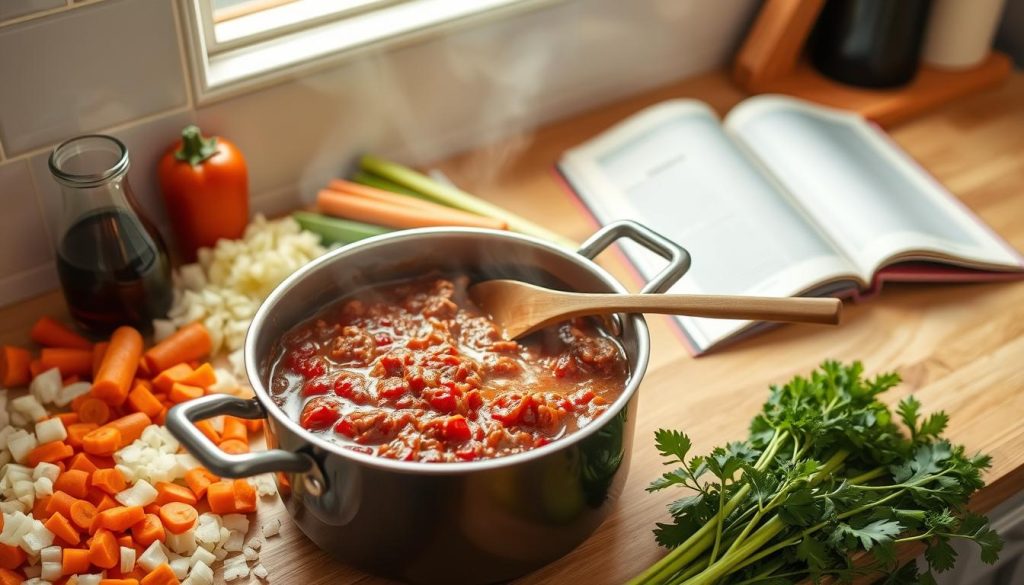
Traditional Bolognese Sauce Preparation
Bolognese sauce is more than a recipe. It’s a cultural treasure passed down through Italian families for generations.
Origins of Traditional Bolognese
The sauce started in the late 18th century. It was a meaty dish that showed off Bologna’s rich land. Traditional recipes include:
- Slow-cooked ground meats
- Little tomato
- Focus on meat and milk
Authentic vs. Modern Variations
Classic bolognese sauce stays true to its roots, but modern versions have added new flavors. Here’s what’s changed:
| Authentic Bolognese | Modern Variations |
| Little tomato | More tomato |
| Beef and pork mainly | Other meats too |
| Cooked slowly | Cooked faster |
What Makes a Perfect Bolognese
Making great bolognese sauce needs care and respect for old ways. The main things are:
- Good ground meats
- Cook slowly
- Flavors must balance
- Texture should be creamy
Whether you cook at home or in a restaurant, knowing bolognese sauce’s history will improve your cooking. It shows deep respect for this classic Italian dish.
Essential Ingredients for Your Homemade Bolognese

Ground Beef Bolognese Ingredients
Starting with the right ingredients is key to making tasty ground beef recipes. A great Bolognese sauce comes from choosing the best ingredients. These simple parts turn into a rich, flavorful dish.
Your main ingredients are:
- Ground Beef: Pick high-quality beef with 80/20 fat for the best taste
- Fresh tomatoes or top-notch tomato sauce
- Aromatic veggies like onions and garlic
- Olive oil for cooking
- Herbs such as basil and oregano
Choosing the right meat is vital. Go for fresh, lean ground beef for depth and richness. Grass-fed beef is best for its taste and health benefits.
For authentic flavor, include:
- San Marzano tomatoes
- Fresh Italian parsley
- High-quality Parmigiano-Reggiano cheese
- Dry red wine for deglazing
Pro tip: Use fresh ingredients to make your Bolognese sauce stand out. Freshness is what makes a sauce unforgettable, impressing everyone.
Kitchen Tools and Equipment You’ll Need
Preparing a delicious Bolognese sauce needs the right tools. Whether you’re making quick dinners or exploring one-pot meals, the right equipment makes cooking smoother and more fun.
Before you start cooking, gather these essential tools for a successful Bolognese sauce.
Must-Have Cooking Utensils
- Sharp chef’s knife for precise ingredient chopping
- Wooden spoon for stirring and mixing
- Cutting board with a stable surface
- Measuring cups and spoons
- Large mixing bowl
Optional but Helpful Tools
- Immersion blender for smooth sauce texture
- Kitchen scale for precise ingredient measurements
- Garlic press
- Meat thermometer
Proper Pot Selection
Choosing the right pot is key for rich flavors in your Bolognese sauce. A heavy-bottomed pot ensures even heat and prevents burning.
| Pot Type | Benefits | Recommended For |
| Dutch Oven | Excellent heat retention | Slow cooking, deep flavors |
| Stainless Steel Pot | Easy to clean | Quick dinner ideas |
| Cast Iron Pot | Superior heat distribution | One-pot meals |
Invest in a quality pot for long, slow simmering. Your Bolognese sauce will have deep, complex flavors that will impress everyone.
Easy Bolognese Recipe Step-by-Step Guide
Making an easy bolognese recipe is simple. This quick dinner idea makes weeknight cooking easy and flavorful. We’ll break it down into easy steps for everyone.
Get your ingredients ready before cooking. This makes your bolognese recipe smooth and stress-free. Have everything you need on your counter.
- Ground beef (80/20 blend recommended)
- Onions and garlic
- Canned crushed tomatoes
- Olive oil
- Salt and pepper
- Dried herbs (oregano, basil)
Start by heating olive oil in a large skillet over medium-high heat. Brown your ground beef well, breaking it into small pieces. This step is key for rich flavor.
Add diced onions and minced garlic to the meat. Sauté until the onions are translucent and smell great. Sprinkle in dried herbs, salt, and pepper to boost the sauce’s flavor.
Pour in crushed tomatoes and lower the heat to low. Let it simmer for 30-45 minutes, stirring now and then. The longer it cooks, the better the flavors will mix, making a true bolognese.
Pro tip: If you’re short on time, this easy bolognese recipe can be made in just 30 minutes without losing flavor!
Mastering the Art of Meat Selection and Preparation
Creating great ground beef recipes begins with picking the right meat and learning how to prepare it. Your dishes will shine if you choose the best ingredients and know how to cook them. This will make your food taste better and feel more satisfying.
Choosing the Right Ground Beef
For bolognese sauce, picking high-quality ground beef is key. Look for meat with an 80/20 lean-to-fat ratio. This mix gives your sauce the perfect flavor and keeps it moist.
- Choose fresh ground beef from reputable butchers
- Check meat color and texture before purchasing
- Aim for beef with visible marbling
Proper Browning Techniques
Browning ground beef right makes your dishes stand out. Use a hot, heavy-bottomed skillet and don’t overcrowd it. This way, you get that perfect caramelized crust.
- Preheat your skillet on medium-high heat
- Break meat into small chunks
- Cook without stirring for initial browning
- Drain excess fat for cleaner flavor
Adding Depth with Mixed Meats
Professional chefs mix different meats to add layers of flavor to their dishes. Try adding ground pork or veal to your bolognese sauce. It will make the sauce richer and more complex.
Pro tip: Use a meat thermometer to ensure proper cooking temperature and food safety.
The Secret to Perfect Tomato Base
Creating the perfect tomato sauce starts with picking the right tomatoes. Your bolognese sauce needs a rich, flavorful base. This base adds depth to your italian pasta recipe. You can use fresh or canned tomatoes, and both can make your sauce amazing.
Choosing the right tomatoes is key. San Marzano tomatoes are the top choice for authentic Italian sauces. These tomatoes are plump, sweet, and make your bolognese sauce smooth and rich. This makes your sauce taste like it’s from a restaurant.
- Fresh tomatoes provide vibrant flavor
- Canned tomatoes offer consistent quality
- San Marzano tomatoes deliver authentic taste
It’s important to balance the acidity in tomato sauce. A little sugar can balance the sharpness of tomatoes. Slow cooking lets the tomatoes break down fully. This releases their sweetness and makes the sauce velvety.
| Tomato Type | Flavor Profile | Best Use |
| San Marzano | Sweet, Low Acid | Premium Sauces |
| Roma | Mild, Meaty | Everyday Cooking |
| Plum Tomatoes | Rich, Dense | Thick Sauces |
Pro tip: Crush tomatoes by hand to release their juices. This method is better than blending. It keeps the tomatoes’ texture and flavor intact.
Herbs and Seasonings That Enhance Your Sauce
To turn an ordinary pasta dish into a classic, you need to pick the right herbs and seasonings. The right mix of herbs can make your Bolognese sauce go from good to great. It adds depth and complexity that will wow anyone.
Essential Italian Herbs
Your Bolognese sauce will come to life with the right herbs. Fresh herbs are key to authentic Italian cooking:
- Basil: Adds a sweet, peppery flavor
- Oregano: Brings earthy, slightly bitter notes
- Thyme: Provides a subtle, minty undertone
- Rosemary: Introduces a woody, aromatic essence
Seasoning Tips and Tricks
Seasoning is an art, and chefs know it. Start by adding flavors early in your cooking. Use fresh garlic, crushed red pepper, and a bit of red wine to change your sauce.
“The secret to great Italian cooking is patience and understanding how flavors develop.” – Chef Mario Batali
Building Layers of Flavor
To make a rich Bolognese sauce, season it right. Start with sautéed onions and garlic, then add herbs. Use dried herbs at the start and fresh herbs at the end to keep flavors bright.
- Toast dried herbs to intensify their flavor
- Use kosher salt for better flavor distribution
- Add a pinch of sugar to balance acidity
- Experiment with fresh ground black pepper
The best pasta recipe tells a story through its flavors. Your Bolognese sauce should be a mix of herbs and seasonings that takes you to Italy.
Cooking Times and Temperature Guidelines
Mastering the perfect one-pot meals like a classic bolognese is all about cooking times and temperatures. Your easy bolognese recipe needs patience and precision. This is how you turn simple ingredients into a culinary masterpiece.
The secret to an amazing bolognese sauce is slow, gentle cooking. Simmer your sauce at a low temperature between 180-200°F. This way, the ingredients blend together beautifully without burning or becoming bitter.
- Low heat: Perfect for developing deep flavors
- Medium-low setting: Ideal for consistent simmering
- Occasional stirring: Prevents sticking and ensures even cooking
Cooking time is crucial for your bolognese’s taste and texture. A traditional sauce usually needs:
| Cooking Method | Minimum Time | Optimal Time |
| Stovetop Simmering | 1-2 hours | 3-4 hours |
| Slow Cooker | 4-6 hours | 6-8 hours |
Look for visual signs that your sauce is perfectly cooked. It should have a rich, deep color, less liquid, and a thick, clingy texture. This means intense flavor in every bite of your easy bolognese recipe.
Serving Suggestions and Pasta Pairing Tips
Turning your homemade Bolognese into a special family meal is more than cooking. Choosing the right pasta and how you present it can make your dish stand out.
Finding the perfect pasta for Bolognese is key. The right pasta will show off the sauce’s rich flavors.
Best Pasta Types for Bolognese
Not all pasta is good for Bolognese. The best pasta holds onto the meaty sauce well.
- Tagliatelle: The classic choice with wide, flat ribbons
- Pappardelle: Extra-wide noodles for maximum sauce coverage
- Rigatoni: Tube-shaped pasta with ridges that grip sauce
- Fettuccine: Flat, long noodles perfect for hearty sauces
Plating Techniques
How you present your meal can make it special. Thoughtful plating can turn a simple meal into a feast.
- Use warmed ceramic plates
- Twirl pasta with tongs for elegant height
- Garnish with fresh herbs
- Sprinkle high-quality Parmigiano-Reggiano
Traditional Accompaniments
Pair your Bolognese with sides that bring out its flavors.
| Accompaniment | Pairing Notes |
| Garlic Bread | Perfect for soaking up extra sauce |
| Simple Green Salad | Provides fresh contrast to heavy sauce |
| Roasted Vegetables | Adds nutritional balance |
| Red Wine | Complements the deep meat flavors |
Remember, the best comfort food is shared with loved ones. Your homemade Bolognese is more than food—it’s a moment to connect.
Conclusion
Making an easy bolognese recipe at home is more than cooking. It’s about connecting with tradition and sharing love through food. This classic Italian dish turns simple ingredients into a rich, hearty sauce. It will delight your whole family.
Family meal ideas like this bolognese recipe are great for bringing everyone together. The dish’s beauty is in its versatility. You can easily make it your own, fitting it to your taste or dietary needs.
As you keep practicing and experimenting with your bolognese, you’ll find your own twist. Don’t be afraid to try new things, like different meats or seasonings. The most important thing is the passion you put into your cooking. And the joy of sharing a delicious meal with those you love.
We invite you to become your own Italian chef. Start cooking and share your bolognese with friends and family. Remember, great food is always best when enjoyed together.
FAQ
How long does it take to make Bolognese sauce?
A traditional Bolognese sauce takes 1-2 hours to prepare. Most time is spent simmering it slowly. You’ll spend 20-30 minutes preparing and browning the meat. Then, let it simmer for 45-90 minutes to get rich flavors.
Can I make Bolognese sauce ahead of time?
Absolutely! Bolognese sauce often tastes better the next day. You can make it 3-4 days in advance. Store it in an airtight container in the fridge. The flavors will get even better.
What’s the best pasta to serve with Bolognese sauce?
Tagliatelle is the traditional pasta for Bolognese in Bologna, Italy. But, you can also use pappardelle or rigatoni. These pasta shapes catch the sauce well, giving you more flavor.
Can I freeze Bolognese sauce?
Yes, Bolognese sauce freezes well. Cool it completely, then put it in freezer-safe containers or bags. It lasts up to 3 months. Thaw it in the fridge overnight and reheat gently.
Is it necessary to use wine in Bolognese sauce?
Wine adds depth to the sauce, but you can skip it if you want. Use more beef broth or a splash of balsamic vinegar instead. They add richness and acidity.
Can I make a vegetarian version of Bolognese?
Definitely! Use lentils, mushrooms, or meat substitutes instead of ground beef. The key is to slow cook and season well to get deep flavors.
What’s the difference between Bolognese and marinara sauce?
Bolognese is a meat-based sauce from Bologna, Italy. It has ground meat, milk or cream, and a bit of tomato. Marinara is tomato-based, meatless, and has herbs like basil and oregano. Bolognese is richer and more complex.
How can I make my Bolognese sauce less fatty?
To lower fat, use leaner ground beef (90/10 or 93/7). Drain excess fat after browning. Skim fat that rises during simmering. You can also mix in ground turkey or other meats to reduce fat.

